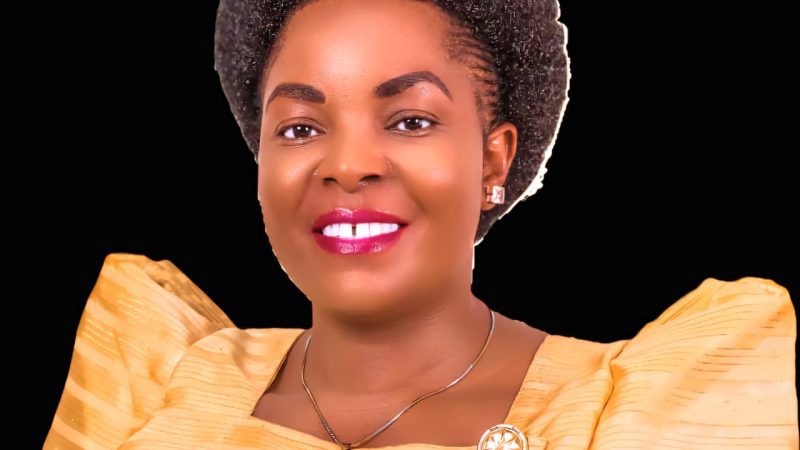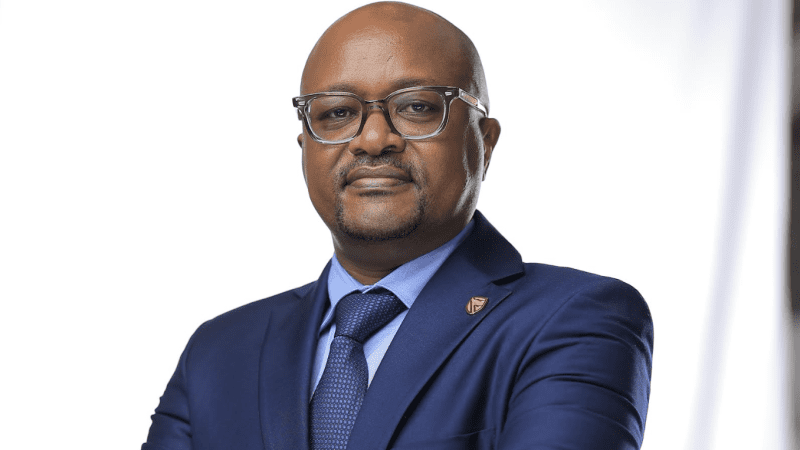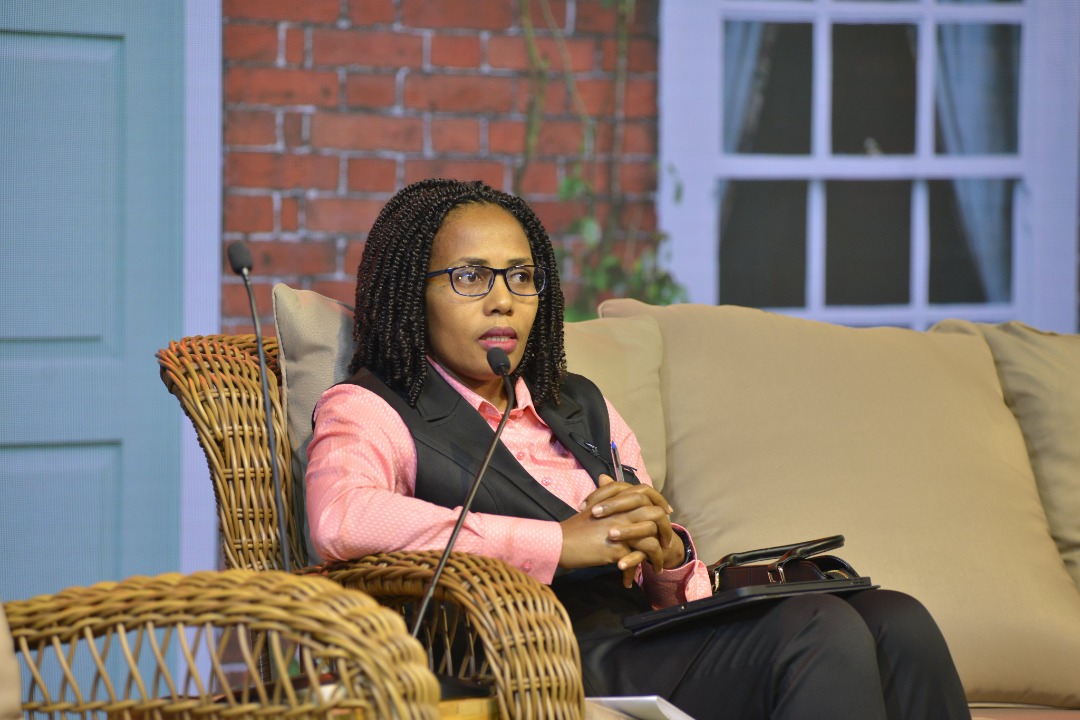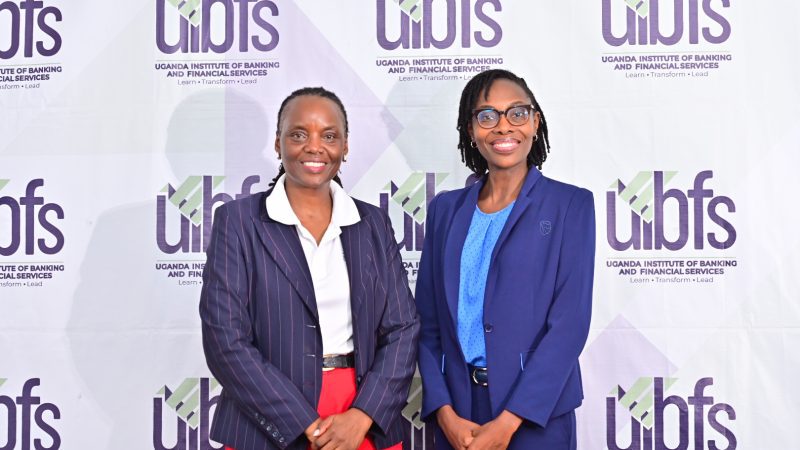Housing Finance Bank along with Next Media Services successfully closed the 4th Edition of the NBS Housing Baraza which took place from 24th – 25th November.
The event under the theme,” Building a Strong Housing Ecosystem: Partnering to house generations” aimed at identifying innovation and business development opportunities, providing networking opportunities, and exploring related topics affecting Uganda’s housing market today from a consumer’s perspective including the outstanding issue of Uganda’s affordable decent housing deficit.
The two-day event brought together key stakeholders in the industry and provided an opportunity for Housing Finance Bank to inform and educate the public about the institution and its offering to the people of Uganda including how the Bank is addressing the current housing deficit. It was attended by Dr. Joseph Muvawala– Executive Director National Planning Authority (NPA), Dr. Hamis Mugendawala – Manager Policy Research and Innovation (NPA), Ms. Sarah Chelangati – Commissioner Domestic Taxes Uganda Revenue Authority, Gerald Paul Kasaato – Chief Investment Officer National Social Security Fund, Joseph Lutwama -Director Programs Financial Sector Deepening (FSD) Uganda, Shirley Kongai. President, AREA-Uganda to mention but a few. And the event closing remarks were given by Persis Namuganza– State Minister for Housing Ministry of Lands, Housing & Urban Development
The challenges raised in the National Planning Authority Policy Paper were key points of discussion during the NBS Housing Baraza. According to the paper, at a median income of UGX 220,000 per month for the urban folk, and UGX 168,000 per month for the rural folk, approximately 96% of Ugandans can not afford the cheapest typical house formally constructed by a private developer. In addition to this, the paper states that the majority (76%) of Ugandans can only afford housing units in the range of 12M-24M and that there is significant mismatch between the demand and supply for housing which has left the country with a huge cumulative housing deficit of 2.2M excluding 900,000 existing units that have been condemned as inhabitable for humans.
Speaking at the event, Ms. Peace K. Ayebazibwe, the Executive Director of Housing Finance Bank, said “At Housing Finance Bank, we have been working with different developers and partners to enable affordable housing from the supply side. We finance the developers and support them with off takers.”
Housing Finance Bank has been keen on providing affordable home financing and continues to work hand in hand with industry stakeholders to identify solutions that reduce the cost of construction while ensuring the structures built are decent and habitable.
On the demand or consumer side, Ms. Peace K. Ayebazibwe went on to share that the Bank has developed a product called Incremental Housing Loan – Zimba Mpola Mpola. This product is designed for everyone because the Bank can lend between Ugs. Shs. 200,000 to about Ugs. Shs. 50 million to enable middle and low-income Ugandans to build their homes incrementally.
The Zimba Mpola Mpola model was developed by Housing Finance Bank after research carried out showed that most Ugandans build incrementally. This enables them build decent and habitable homes while breaking down the customer’s financial burden into small manageable chunks whose payment does not affect their current livelihood. The tenure for Incremental Housing Solution is 3 years.
During the event, building a sustainable ecosystem was a key point of concern to many players. However, Housing Finance Bank has already taken up this initiative by bringing together different real estate players to ensure issues of accessibility, service utility availability, quality, and environmental protection are addressed as their customers carry out their construction projects.
Among the solutions raised in the Housing Baraza is the need to empower the population with awareness and affordable housing options. The Bank, in line with its mission to enable home ownership and financial independence, facilitates customers to build their homes with up to 100% financing payable over 20 years, while improving customer service through innovation. The latest additions to the Bank’s digital transformational journey include remote account opening, which is time saving using the HFB App, available on GoogleStore and AppStore. There is no need to go to the bank to open an account with HFB, which further promotes financial inclusion especially within the youth and informal sector.
To encourage the customer to invest, the Bank launched the HFB Securities Online Portal, which allows customers to invest in Treasury Bills and Bonds for as low as Ugs.Shs.100,000 with just one click. This eliminates the tedious paperwork that was previously the norm with investing in high yielding assets like Government Securities.










